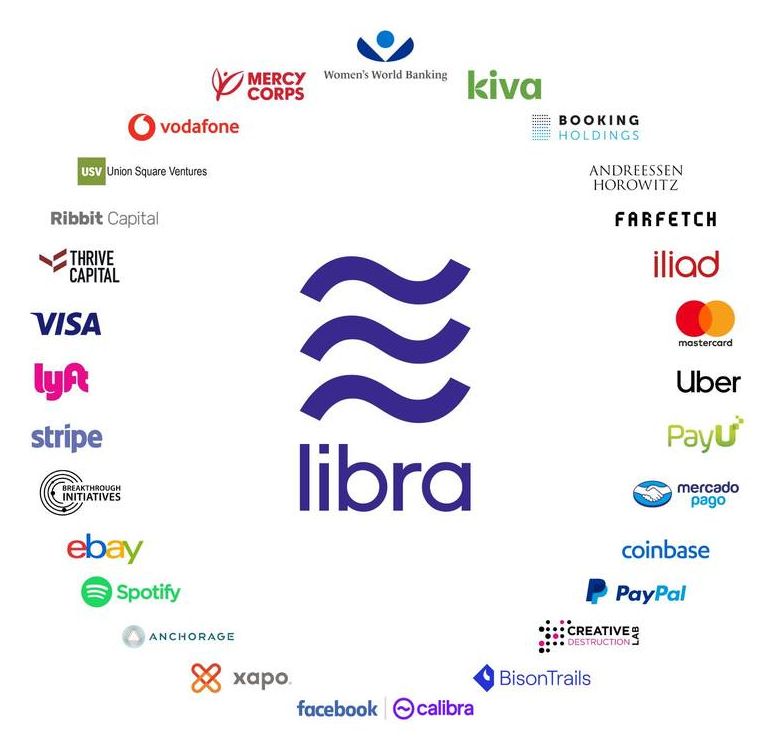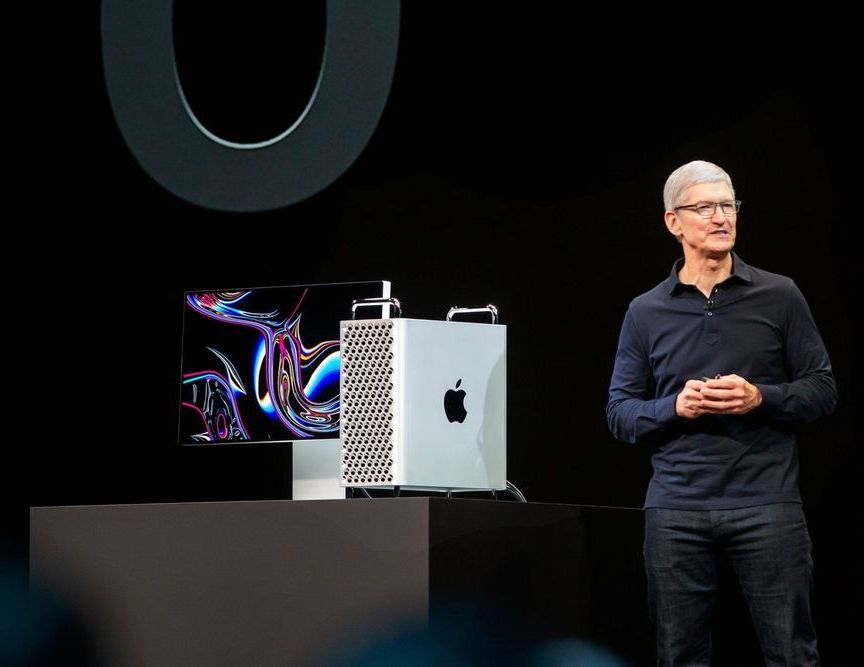Quantum computers will not kill blockchain, but they might trigger fundamental changes in underlying cryptography.



Bitcoin reached the highest value the popular cryptocurrency has had in the last 16 months — $11,251.21 — on Monday.
And Facebook is likely to blame. Analysts suggest that the social media giant’s recent unveiling of its own cryptocurrency called Libra likely bolstered investors’ confidence in crypto across the board, according to Agence France-Presse. Though Bitcoin never really recovered from its massive crash in late 2017, the recent resurgence is a sign that the cryptocurrency isn’t quite fading away as some believed.


Today, Facebook is coming together with 27 organizations around the world to start the non-profit Libra Association and create a new currency called Libra.
Libra is a global cryptocurrency built on blockchain to promote financial inclusion. Libra is digital, mobile, stable, fast, cheap and secure. Read the Libra White Paper.

Libra’s mission is to create a simple global financial infrastructure that empowers billions of people around the world. It’s powered by blockchain technology and the plan is to launch it in 2020. You can read more about the association here: https://libra.org/&h=AT0Vpgfo9yMWI9A93aDq0V-7D3PwK9TiZGZ…la1VStESZA
Being able to use mobile money can have an important positive impact on people’s lives because you don’t have to always carry cash, which can be insecure, or pay extra fees for transfers. This is especially important for people who don’t have access to traditional banks or financial services. Right now, there are around a billion people who don’t have a bank account but do have a mobile phone.

Facebook is finally ready to talk about its blockchain plans. Following numerous reports unraveling its upcoming announcement in detail, the company today said that its in-development global cryptocurrency, called Libra, will launch next year alongside the underlying blockchain-based network that will support it.

The future of the legal industry is being reshaped by a number of rapidly advancing technologies and the disruptive ideas they enable. Today’s lawyers are being advised to learn to code, develop an artificial intelligence (AI) application, and outsource discovery to machines. Of the many new technological drivers impacting law firms is the secure information exchange platform known as blockchain. Some see it as a the basis for the reinvention of economies while others simply see it as means of secure and incorruptible information exchange between counterparties. This cloud-based distributed ledger technology provides a source of irrefutable record of every transaction. In legal it is enabling fully automated self-executing “smart” contracts, and has the potential to help attorneys provide new services and create new value for clients and law firms. Blockchain is known as the structure underlying Bitcoin and other digital currencies, but its applications in the legal sector are still evolving. This article provides an overview of the technology, highlights example applications and case studies, and presents a possible timeline of future developments over the next decade or so.
Overview: Blockchain and Bitcoin
Blockchain and Bitcoin have gained notoriety lately as a potential solution to an outdated and burdensome system for managing financial transactions between counterparties. Today most financial transactions between counterparties are settled via financial intermediaries which adds time and cost to the settlement process. Blockchain offers a distributed ledger model whereby the parties settle directly with each other, the transactions are recorded, secure, and immutable, and the counterparty identities remain anonymous. The goal is to enable a simplified and trustworthy financial ecosystem- but these digital peer-to-peer networks, also challenge the authority of institutions (banks, regulators, and governments) and are thus creating disruption.
According to its advocates, the decentralized nature of blockchain and Bitcoin will cause much-needed disruption, with reverberations far beyond the financial realm. There is an element of social revolution in blockchain, thus it is often portrayed as a conduit for challenging the status quo. Though Bitcoin, a digital currency, is an explicitly financial innovation (i.e., for payments, transfer of funds) blockchain is far less specific. Blockchain serves a critical role in the administration of Bitcoin, and that of other digital currencies, but it can actually be used to complete other objectives and track the movement, transfer, and ownership of all sorts of things besides money (examples include luxury goods, education credits, property titles, and patents, to name a few). Though


